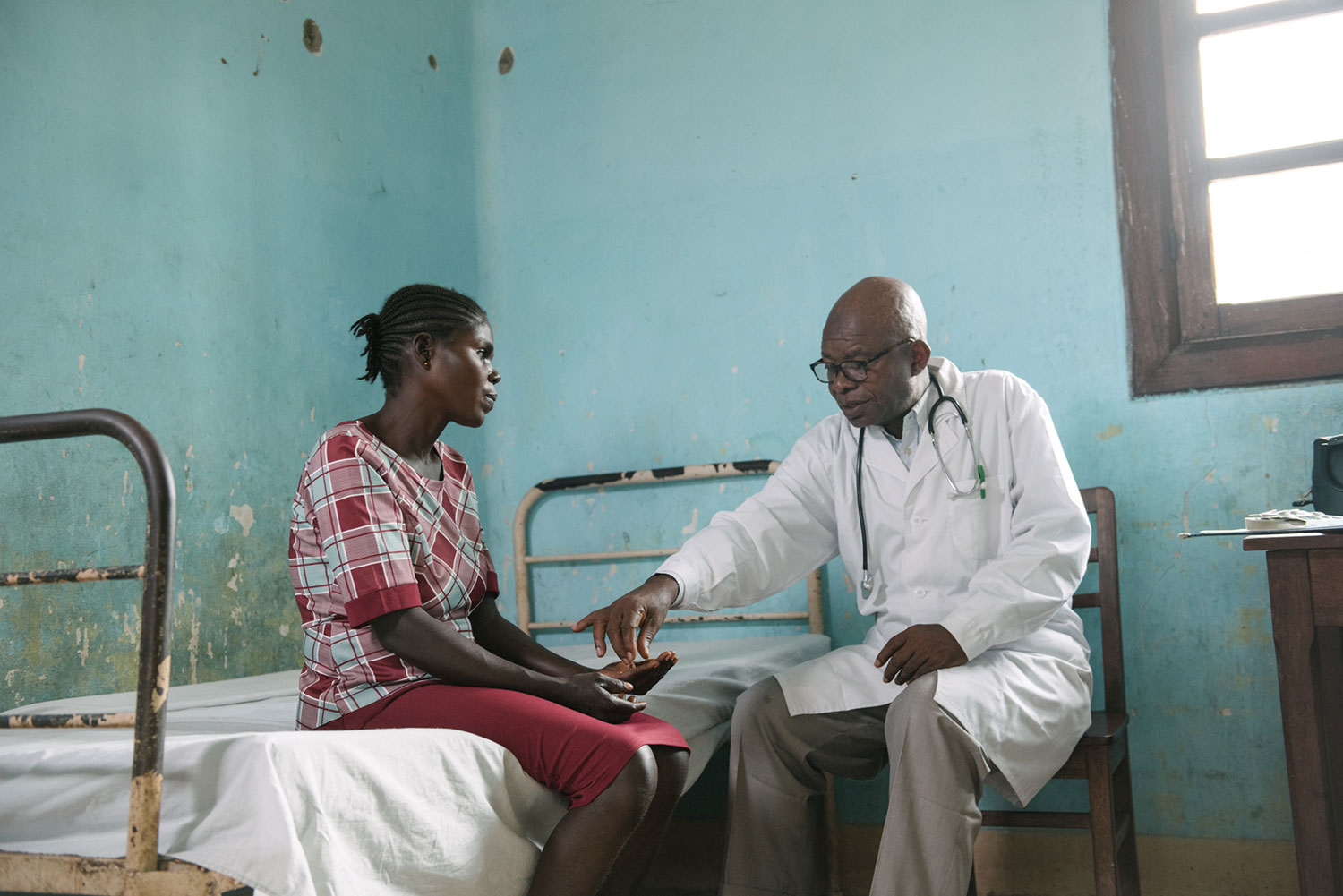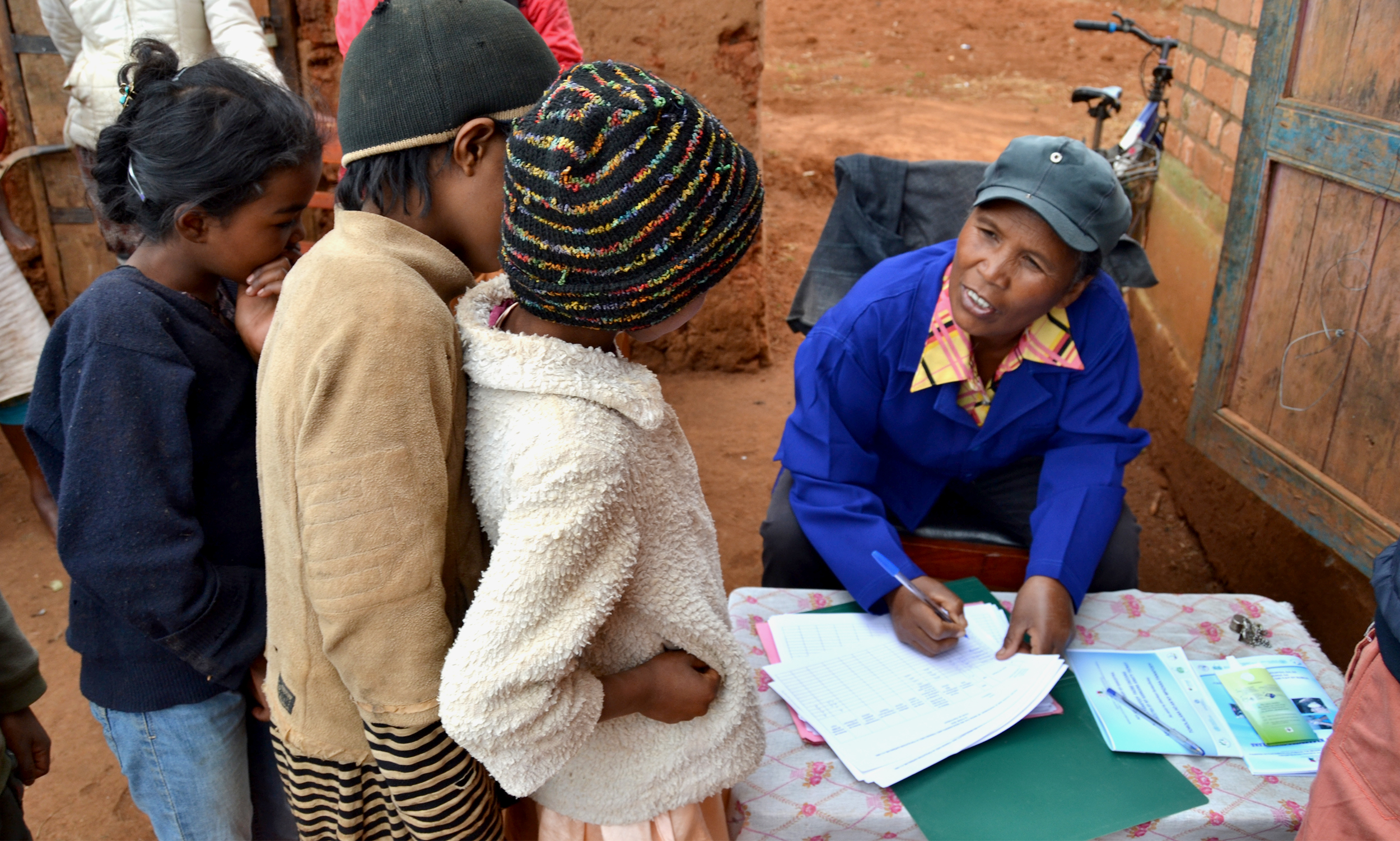The World Health Organization (WHO) and the German multinational pharmaceutical and life sciences company, Bayer AG, have renewed a collaboration that will expand treatment free of charge to hundreds of thousands of people against selected neglected tropical diseases (NTDs).
The five-year agreement involves the donation of quality-assured medicines for treatment of Chagas disease and human African trypanosomiasis (sleeping sickness), estimated at US$ 8 million. Bayer will also provide US $8.2 million to support the cross-cutting activities of the NTD road map 20301 during 2021–2026. The cumulative value of Bayer’s support and assistance to WHO since 2002 is estimated to exceed US$ 40 million.
“This decades-long collaboration is a vibrant example of a public-private partnership that benefits marginalized communities often beyond the reach of effective health systems,” said Dr Ren Minghui, WHO Assistant Director-General, Universal Health Coverage, Communicable and Noncommunicable Diseases. “At a time when resources are diverted to address the global pandemic, this support will greatly contribute to positively impact and enable affected countries to achieve the 2030 NTD road map targets.”
Bayer is donating medicines also to support control of cysticercosis/taeniasis (pork tapeworm infections).2
Sustained support to eliminate sleeping sickness
Besides providing donated medicines and financial support, Bayer has supported control activities through the deployment of mobile intervention teams to address local outbreaks of sleeping sickness, particularly in the Democratic Republic of the Congo which harbours more than 80% of all cases. It has also provided funding for disease surveillance activities in areas at risk of infection and the training of health-care workers, reinforcing the detection and diagnosis of cases among the populations at risk.

“Building on our long-standing partnership with the WHO for over 20 years, we continue to address the urgent need of millions of patients suffering from NTDs. Bayer reaffirms its commitment to manufacture and donate its essential medicines to fight NTDs, with a view on eliminating sleeping sickness and the control of Chagas disease in Latin America,” said Stefan Oelrich, Member of the Board of Management of Bayer AG and President of its Pharmaceuticals Division. “Exemplifying our purpose “Health for All”, we assume societal responsibility and ensure sustainable action so that more people in all regions of the world have access to health care, not just today, but in the long term.”
Moving from control to elimination of congenital Chagas disease
Bayer’s financial support and donation of nifurtimox since 2007 has accelerated the control and treatment of Chagas disease, thereby improving patient care, interruption of transmission and dissemination of awareness campaigns. The registration of a paediatric formulation of nifurtimox (30 mg) with an improved disintegrated tablet in 2020 has facilitated uptake of treatment among children.
Bayer also supports control programme objectives, which have now moved from control to elimination of congenital Chagas disease, with the potential to interrupt mother-to-child transmission by treating girls and women of childbearing age.
Fighting tapeworm and epilepsy due to taeniasis
Since 2020, Bayer has donated praziquantel and niclosamide, valued at US$ 9.7 million and US$ 1.5 million respectively, for operational resources to treat T. solium (taeniasis), the most frequent cause of infection by the pork tapeworm’s larvae. Taeniasis/cysticercosis can also develop into neurocysticercosis (cysts in the brain), the major cause of preventable epilepsy in many low- and middle-income countries.

Neglected tropical diseases
NTDs are a diverse group of 20 diseases or disease groups that are widespread in the world’s poorest regions, where water safety, sanitation and access to health care are substandard. These diseases cost developing communities the equivalent of billions of dollars each year in direct health costs, lost productivity, reduced socioeconomic and educational attainment, stigmatization, social exclusion, disability, discrimination, and bias.
Over the decades, medicines donated by several pharmaceutical companies have allowed WHO to expand its global NTD control and elimination programmes. With the help of health ministries and an array of partners, donated medicines have enabled over 500 million fewer people from requiring treatment against NTDs than in 2010 and have resulted in 43 countries eliminating at least one NTD.
Building on this achievement, the new NTD road map highlights the importance of domestic resource mobilization and country ownership in accelerating the achievement of universal health coverage.
To achieve the 2030 targets, access to quality assured NTD medicines, diagnostics and other health products will be required.
1 Ending the neglect to attain the Sustainable Development Goals: a road map for neglected tropical diseases 2021-2030. Geneva: World Health Organization; 2020.
2 Bayer donates praziquantel (Biltricide®) and niclosamide (Yomesan®) to treat cysticercosis and taeniasis.
